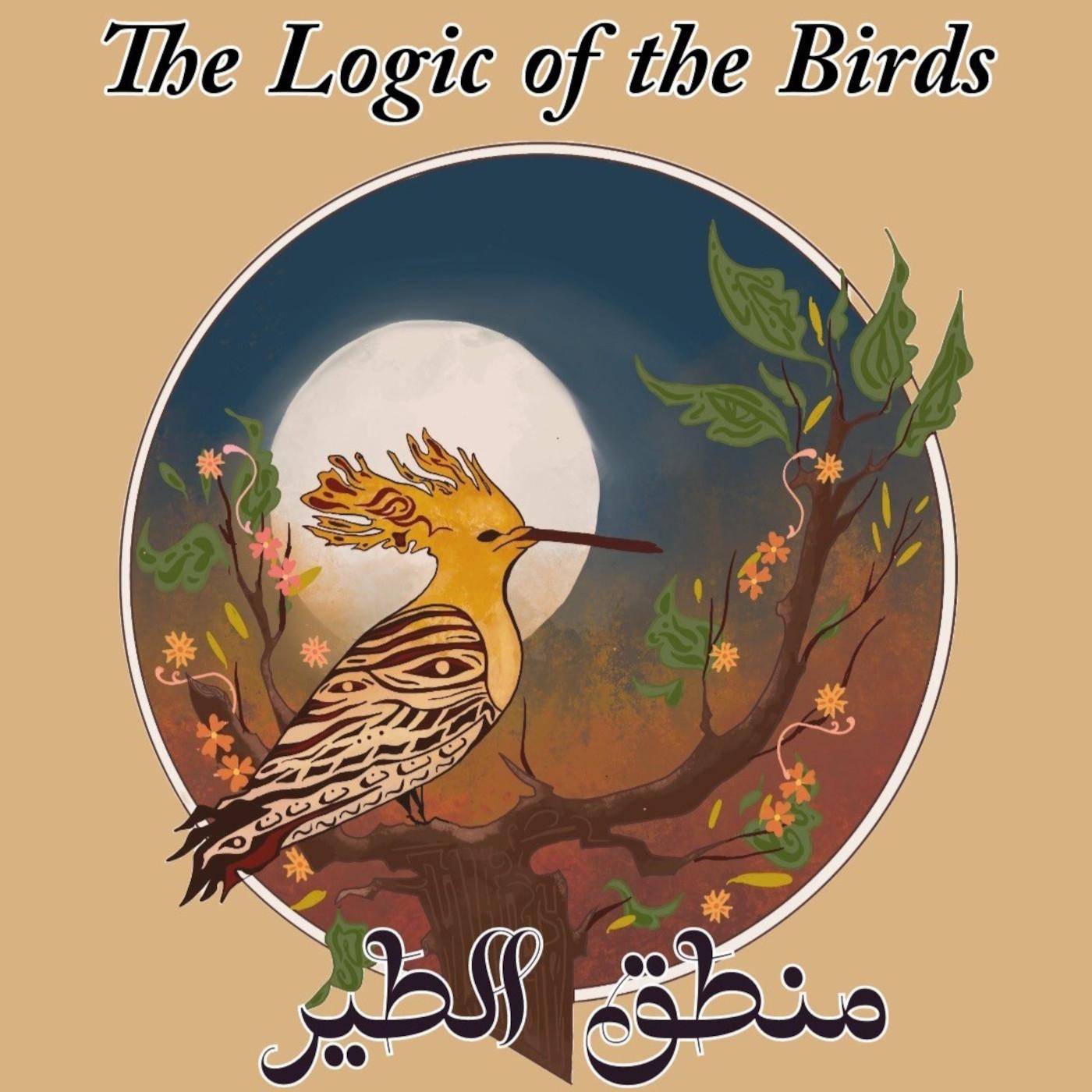No episode playing

Join us as we engage in enlightening conversations with eminent scholars and poets from around the world to explore these and other questions. Focusing on Sufi poetry, this podcast series will explore some of the great poets and poems in Arabic, Persian, Turkish, Urdu, Wolof, Hausa, Swahili, Panjabi, Malay, and more. Our conversations will examine how these traditions cultivated perspectives and popular literary traditions that wedded the sensual and intellectual, the aesthetic and the ethical, the affective and rational, the logical and the spiritual, the philosophical and mystical.